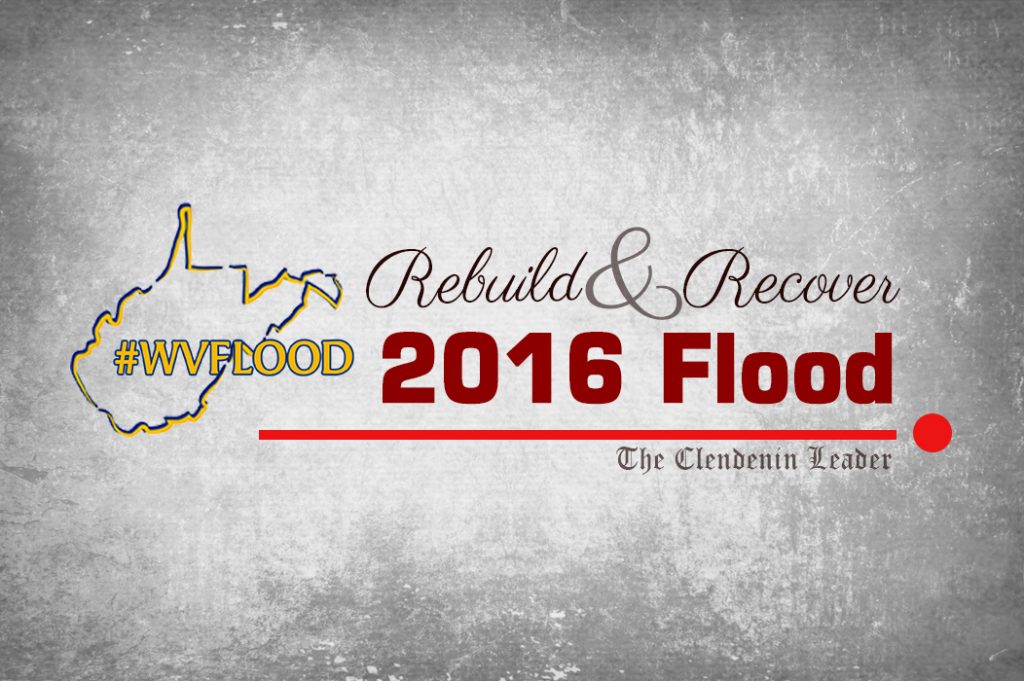By: Hoppy Kercheval | Posted: May 25, 2018 at 12:02 a.m. | Source: WV MetroNews
West Virginia was hit by one of the worst floods in the state’s history on June 23, 2016. A series of intense thunderstorms turned normally placid creeks into raging rivers that killed 23 people and destroyed hundreds of homes and businesses in central and southeastern West Virginia.
First responders, the National Guard, volunteers from here and outside the state immediately provided aid and comfort to flood victims, cleaned up mud and debris and contributed money.
Governor Tomblin requested a disaster declaration and President Obama gave his approval within hours. The state’s Congressional delegation pushed for immediate and long-term help for our devastated state.
It was a horrific time but, as usual, West Virginians pulled together. Collectively, the burden of those hit hardest was made bearable by the unconditional help provided by friends and strangers alike. However, nearly two years after the Great Flood, many West Virginians who lost their homes in the muddy waters are still waiting for the promised help to rebuild.
Congress allocated approximately $150 million for West Virginia flood recovery through the United States Department of Housing and Urban Development, a sprawling federal agency responsible for a wide range of housing, economic development and infrastructure programs. In this case, the money came via the federal Community Development Block Grant Disaster Recovery (CDBG-DR) program.
The first grant award came in early 2017 and the second installment just a few months ago, but to date only a few million has been spent.
What happened? That’s what a lot of people have been trying to find out.
One explanation is, well, that’s just how government works. It’s a bureaucracy and allocating that much money through various government agencies can be complicated and slow.
Also, there was an issue with how the state Department of Commerce, which is the state agency charged with managing the CDBG-DR money from HUD, handled the procurement of a contract with Horne LLP, a Mississippi company that specializes in accounting and business advisory services that help states navigate the vast federal bureaucracy in a disaster.
The Justice administration stopped any distribution of HUD money through the WV RISE housing program for nearly four months over the contract bidding concerns. The administration was worried that missteps in handling the HUD money could lead to the state ultimately losing funding. The last thing the Justice administration wanted was a repeat of how the state handled the broadband and router fiasco during the Obama stimulus era.
But now HUD has reportedly placed West Virginia on a “watch list” because of delays in getting the money into the pipeline to help people. HUD spokesman Brian Sullivan told our Brad McElhinny that the agency was taken aback when it learned the program was suspended.
“What I can tell you is we were surprised when we learned–and it was not from the state, but through other parties–that the state had suspended the program, at least temporarily,” Sullivan said. “People in the state of West Virginia are desperate to get their homes back. Suspending a program when so many people need housing recovery is a problem.”
These setbacks and miscues add insult to injury for West Virginians who lost everything in the flood. Reporters who have looked more deeply into the story have turned up a fair amount of the usual finger pointing as well as the search for a scapegoat. West Virginians deserve to know what has gone wrong and why.
In the meantime, however, the delays for the folks hardest hit by the flood must seem interminable, especially when they know that $150 million is stuck in the government pipeline.
 The radio “dean” of West Virginia broadcasters, Hoppy Kercheval joined West Virginia Radio Corporation in 1976. Email hoppy@wvradio.com and follow @HoppyKercheval on Twitter.
The radio “dean” of West Virginia broadcasters, Hoppy Kercheval joined West Virginia Radio Corporation in 1976. Email hoppy@wvradio.com and follow @HoppyKercheval on Twitter.







